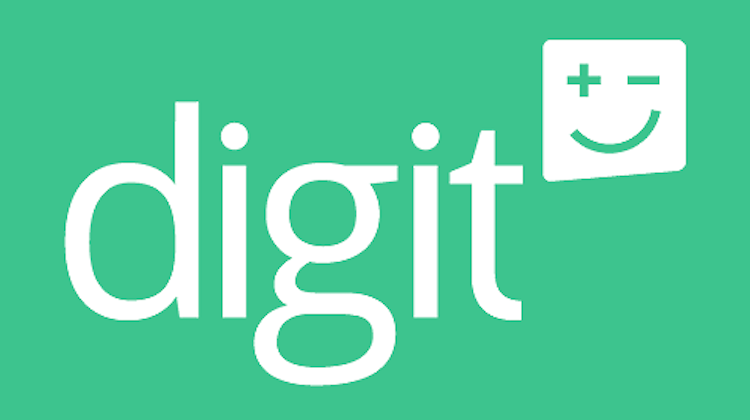The Customer Effect
Why Digit is moving beyond chatbots
- Digit is scrapping its SMS text-based experience and moving into an app that pushes users the most relevant alert
- Digit's problem isn't necessarily the user interface, it's that it needs a better and easier-to-monetize value proposition








